Keywords: White Australia Policy
-
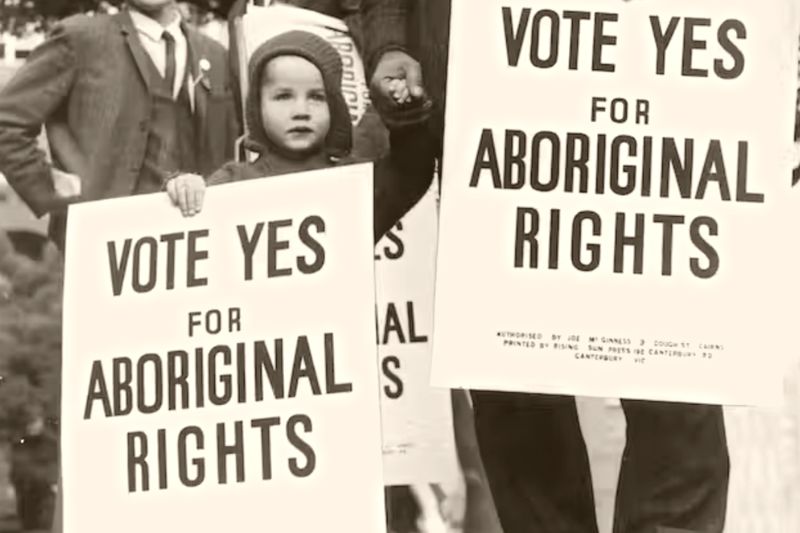
AUSTRALIA
- Frank Brennan
- 05 June 2023
19 Comments
The wording of the proposed change to the Australian Constitution to enshrine a First Nations Voice might not be perfect. But whatever the imperfections and the risk of future complications, it is high time that Australia’s First Peoples were recognised in the Constitution in a manner sought and approved by a broad cross-section of Indigenous leaders.
READ MORE
-
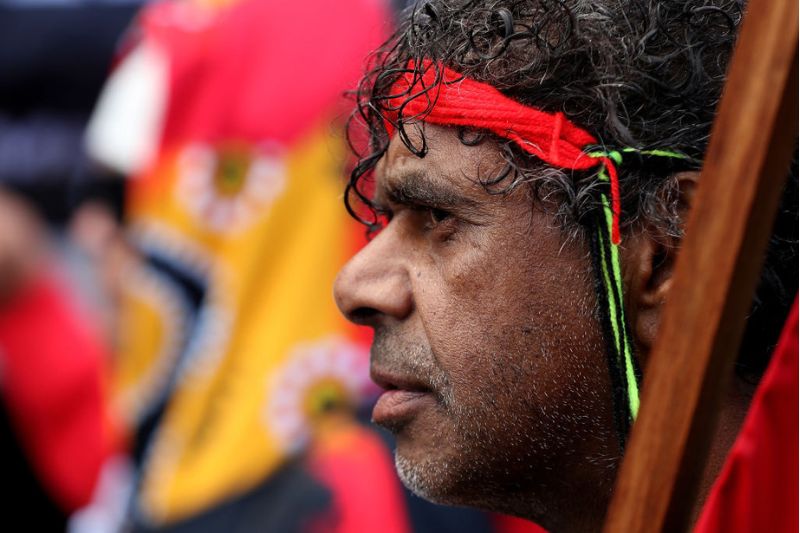
AUSTRALIA
- Celeste Liddle
- 10 May 2023
17 Comments
Later this year, Australians will vote on a referendum to enshrine an Indigenous Voice to Parliament, but many Indigenous Australians remain undecided, reflecting the complexities of the issue. The debate over the Voice to Parliament extends beyond the referendum question to encompass broader concerns about the constitution, treaties, and achieving true equality.
READ MORE
-

INTERNATIONAL
- Andrew Hamilton
- 30 March 2023
4 Comments
The decision by Australia to buy nuclear submarines from the United States and Great Britain inevitably prioritize security over justice, equality, and fraternity. As the world faces the threat of catastrophic global warming, it is time to ask whether submarines are the answer, or whether they distract us from the far greater challenge posed by nature itself.
READ MORE
-
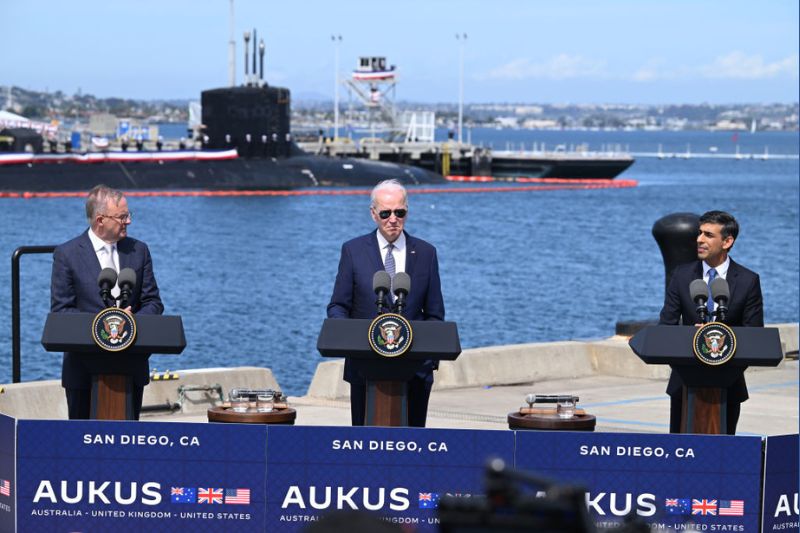
INTERNATIONAL
- Binoy Kampmark
- 28 March 2023
8 Comments
Australia's decision to partner with the US and the UK for the AUKUS pact has drawn scrutiny with questions looming about acquisition, construction and delivery of the nuclear-propelled submarines and a projected $368 billion outlay for up to eight vessels.
READ MORE
-

ARTS AND CULTURE
- Barry Gittins
- 20 December 2022
1 Comment
When we reflect on how best to live with the consequences of our shared, bloodied history, The Australian Wars calls for a counter-narrative; a re-positioning and re-phrasing of what has brought us to this point in our oft-stalled journey towards reconciliation.
READ MORE 
-

ECONOMICS
- David James
- 28 October 2022
Who wields the most power in the world? If one follows the money trail, it becomes clear that Western societies have become ruled by a new type of aristocracy: a management aristocracy.
READ MORE 
-
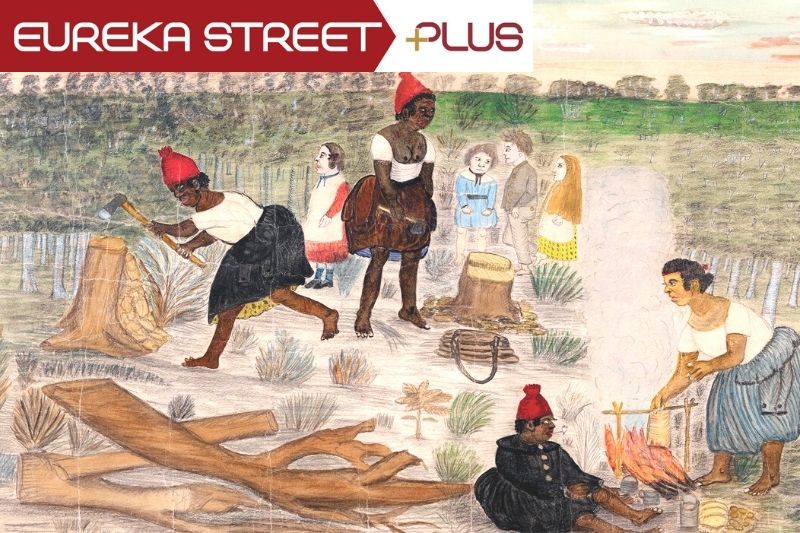
ARTS AND CULTURE
- Andrew Hamilton
- 16 September 2022
1 Comment
Joel Birnie’s short and admirable book provokes reflection both on what should have mattered in the relationships between colonial invaders and Indigenous peoples in the nineteenth century and on what matters in the relationships that constitute Australia today.
READ MORE 
-
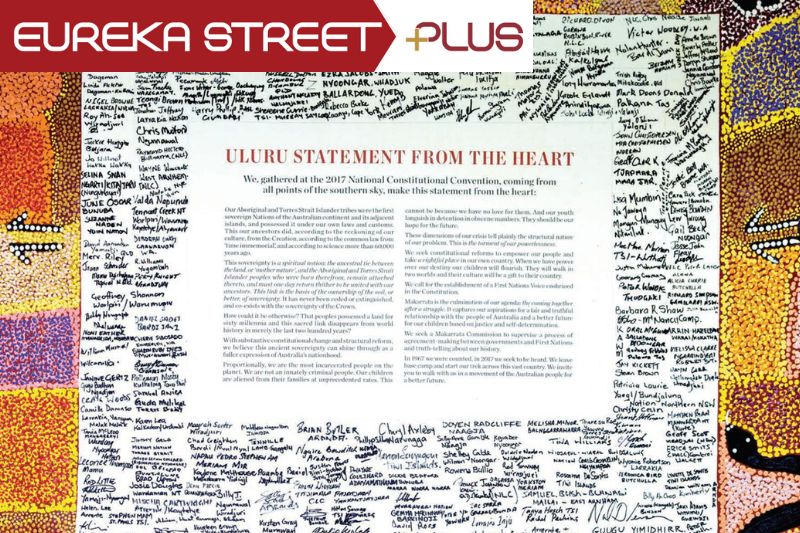
AUSTRALIA
- Frank Brennan
- 17 August 2022
2 Comments
We need to be able to do more than simply give notional assent to the Uluru Statement. We need to be able to contribute to the hard thinking and difficult discussions to be had if the overwhelming majority of our fellow Australians are to be convinced of the need for a Voice in the Constitution.
READ MORE 
-
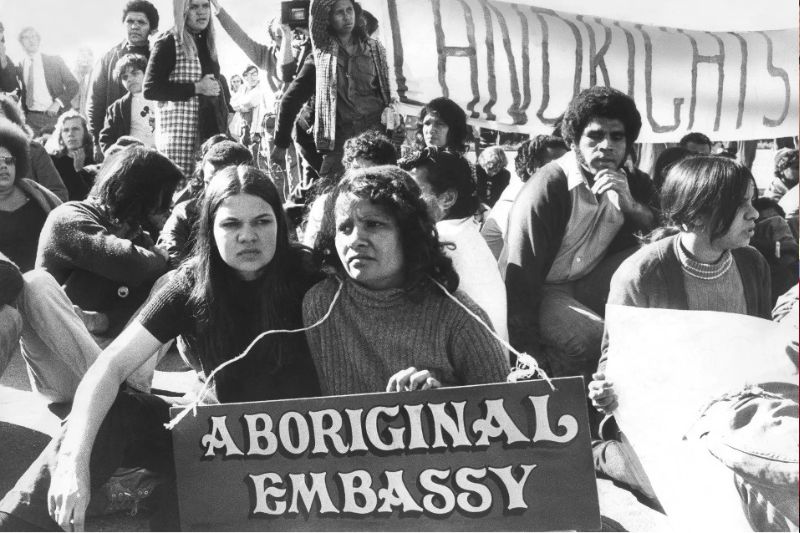
AUSTRALIA
The ‘Land Rights Now’ banner is hoisted against the wind, and the marchers set off for the Embassy. A young Aboriginal woman walks ahead of the banner. She has dyed her hair red. She turns and leans into the wind to face the marchers, holding a megaphone to her mouth. ‘What do we want?’ she shouts, ‘When do we want it?’ And she keeps going, exhorting the marchers. We reply ‘Land Rights … Now!’ The crowd tires before she does.
READ MORE 
-
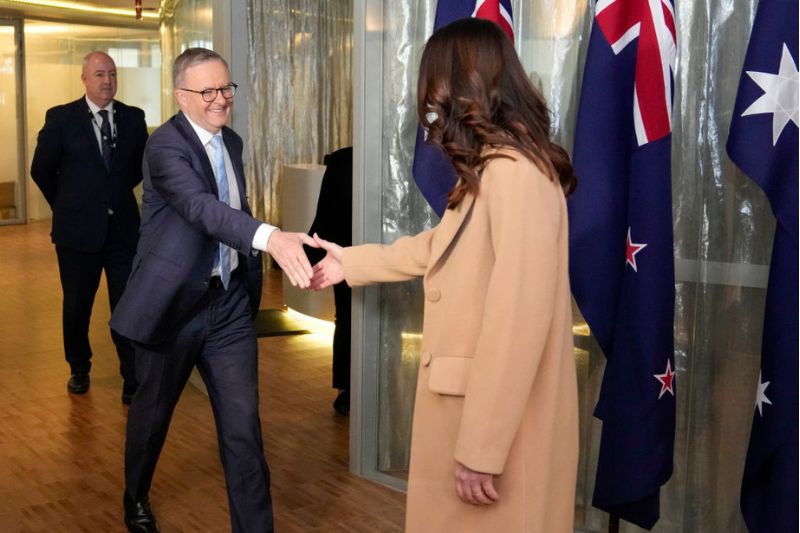
AUSTRALIA
- Andrew Hamilton
- 23 June 2022
7 Comments
Since the Federal Election one of the most refreshing features has been the new Prime Minister’s connection with people. Whether it is shown by riding a bamboo bicycle with the Indonesian President, expressing sympathy for the Nadesilingam family for their prolonged ordeal before returning to Biloela or agreeing with Jacinda Ardern, herself a model of public empathy, about the unreasonableness of expelling to New Zealand people who had never lived there, his actions displayed a readiness to listen and to enter the experience of other people.
READ MORE 
-

ARTS AND CULTURE
- Andrew Hamilton
- 03 June 2022
1 Comment
As I was reading the illuminating contributions to Class in Australia I had to confront my attitudes to Marxist analysis, to the claims of sociology, social work and psychology to be sciences, to the relative importance of inequality based on wealth, gender and race, and to any claim that canonises individual choice while claiming to be value free.
READ MORE 
-

AUSTRALIA
- Binoy Kampmark
- 21 March 2022
12 Comments
While Australia has developed into a multi-ethnic, cosmopolitan state based on immigration and humanitarian intakes, the country has never gotten away from the sense that some are simply more welcome than others. Be they migrants, refugees, or asylum seekers, preferential treatment abounds.
READ MORE 